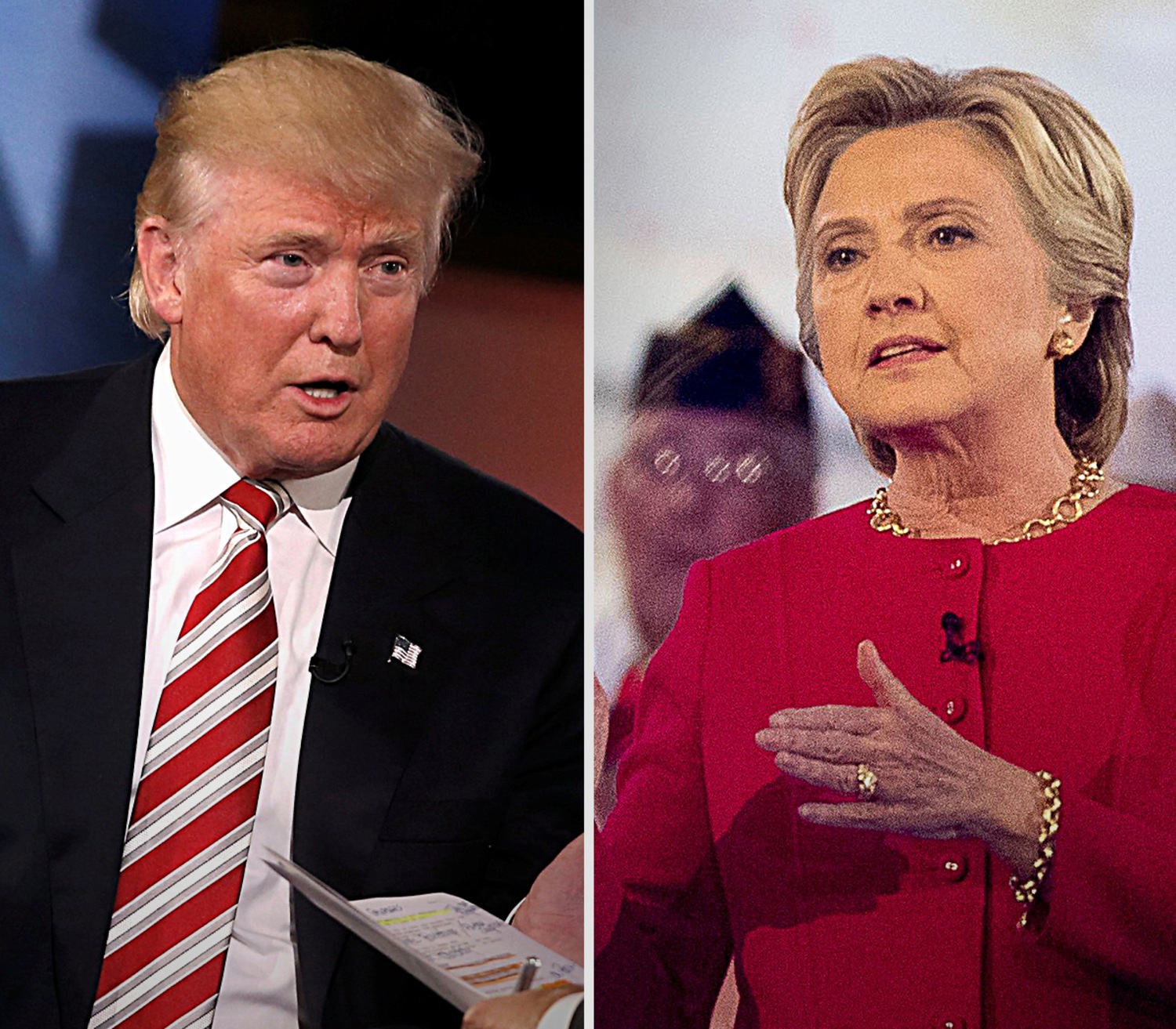Microtargeting and the 2016 U.S. Presidential Campaign
A Real-World Example
Even way back in the dinosaur ages (2016), glimpses of microtargeting were seen during the election between Hillary Clinton and Donald Trump. While both parties used microtargeting excessively, Trump's campaign was made headlines for its innovative use of the strategy.
The Trump campaign partnered with Cambridge Analytica, a data analytics firm that used Facebook data to create voter profiles. These profiles helped to identify swing voters in key states and deliver targeted ads that tailored to their specific concerns and preferences. For example, ads promoting Trump's stance on immigration were shown to voters with data that exposed their concern about border security.
The Clinton campaign used microtargeting as well, but it was more focused on voter turnout. They used data to identify and encourage potential voters through targeted messaging.
Overall, the use of microtargeting has continued to evolve and influence campaigns today. In the current race, candidates are using even more sophisticated data analytics and social media strategies than ever before. In my opinion, this does nothing but further blur the lines between effective campaigning and ethical concerns regarding privacy.Sources:
https://www.theguardian.com/news/2018/mar/17/cambridge-analytica-facebook-influence-us-election


Political advertisements have become abundant and strategic in targeting certain voters. There is no day I do not receive a political flier in the mail or see a political ad online. While these forms of advertisement do not affect me, as I typically skip or throw them out, I naïvely never saw political advertisements as a great concern. However, as technology has risen, so too have media strategies. As you mentioned, it is frightening that political teams have so much information about where certain voters stand; this can allow them to purposely mislead them to steal their support. Legislative action to prevent these measures will ensure candidates are not intentionally feeding certain voters content that may be rooted in heavy bias and misinformation. However, this process will be difficult as many political representatives may employ similar strategies in their own campaigns. It will also be tricky since the line between misleading, targeted information and valid, transparent political advertisements can get blurry.
ReplyDeleteI agree that data analytics and social media strategies blurs the lines between effective campaigning and ethical concerns regarding policy. Social media has invaded many personal lives with false information which can cause a bad representation in politics and anything else. I would keep up with the social media updates on what is true and what is false, and anything that is false, I suggest that political party address it in the public.
ReplyDelete